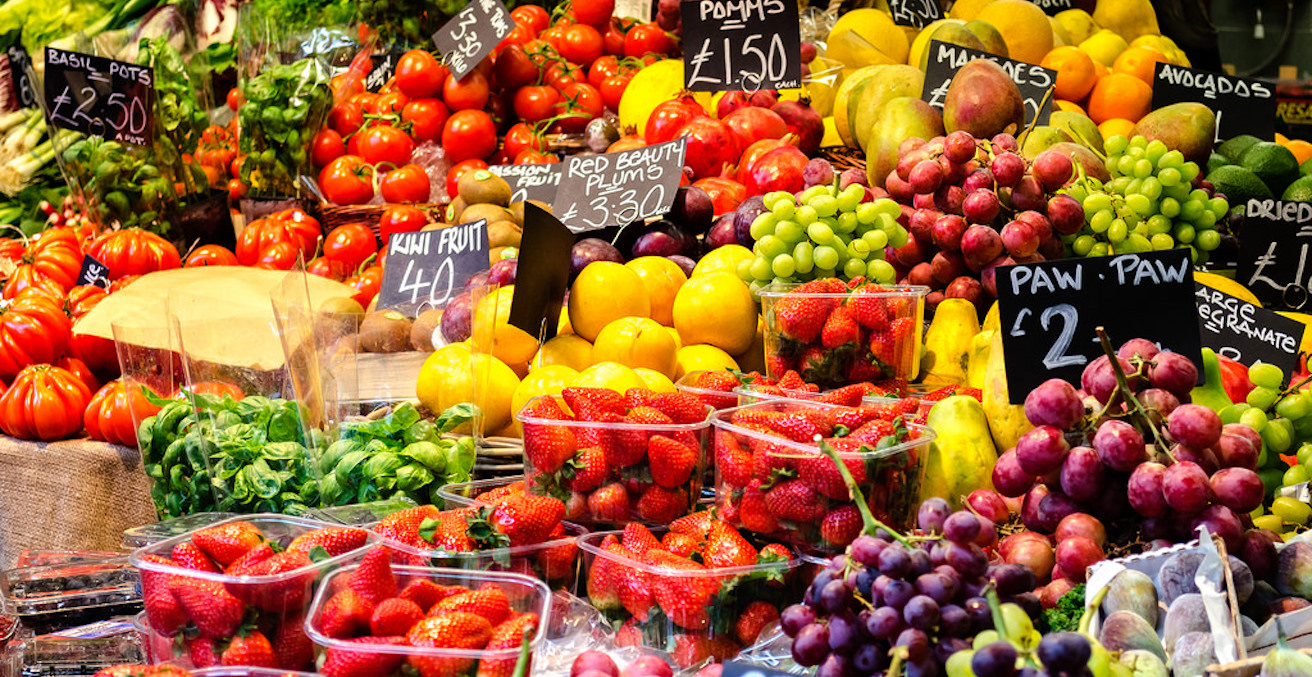Insights for an Australia-EU Free Trade Agreement

There have been claims that EU-Australia free trade is “nonsense on stilts”. But do the looming negotiations have something positive to offer when it comes to agricultural goods?
Trade and economic relations between Australia and the European Union (EU) are governed by the 2008 EU-Australia Partnership Framework, which facilitates trade in industrial products. Now that negotiations for a free trade agreement with the EU are imminent, it is worth considering the potential consequences of trade negotiations for agricultural goods.
Of particular interest are potential trade preferences for Australian agricultural products destined for European markets and the implications for agrifood trade flows between Australia and EU-member countries.
EU trade preferences
Whereas import tariffs are relatively simple, trade preferences in agriculture are a particularly complicated aspect of trade policy, presenting unique challenges. Some EU agrifood trade policies can be especially complex. An example of such a policy is the Entry Price System applied by the EU, together with tariffs and quotas, to several products considered sensitive for domestic producers. These trade policy instruments change every month, in line with the fruit growing seasons in the EU; the intricacies of the system can be quite challenging to navigate for would-be exporters.
The EU determines the entry price for each product and period, and this threshold varies over the year, in line with the seasons. Within this framework, the European Commission calculates a daily proxy of the import price for each product and origin, based on representative wholesale markets. This is called the standard import value. Then, for every shipment, the entry price is compared to the standard import value to determine the specific customs duty to be charged. The cheaper the shipment, the higher the tariffs levied. This system thus serves as a barrier to trade that discourages imports of low-priced products, effectively acting as a minimum import price. Overall, it drives down the price competitiveness of extra-EU exporters.
Moreover, in accordance with existing bilateral trade agreements, the EU has established reduced entry price thresholds for a limited number of products with certain EU preferential partners located in North Africa and the Middle East. In general, there is an annual maximum limit for each product permitted with the lower entry price.
We recently investigated the effect of EU preferences granted to Moroccan fruit and vegetables exporters. Morocco is a particularly interesting case study as it enjoys the highest number of products with an EU preferential entry price. We found that preferential entry prices boost Moroccan exports to the EU just as much as reductions in ad valorem tariffs would.
EU agricultural trade preferences increase exports to EU markets. They give exporting countries a considerable competitive edge over those with no preferences, but effects vary by product. Importantly, a related study found that such trade preferences reduce agricultural exports from other non-EU countries to the EU markets. Specifically, the study found evidence that preferential tariffs for Morocco decreased exports from the rest of the world to the EU. This implies that Australian producers may also be left out in the cold, as they do not benefit from the preferences to exporters like Morocco.
A thought-provoking area of research focuses on a potential strategic behaviour that firms have developed in response to the entry price. That is, to circumvent the specific tariff that acts as a barrier to trade, importers might delay imports when the standard import value is below the entry price, waiting until the standard import value rises above the entry price. One study found evidence of such strategic behaviour with less perishable fruit and vegetables, such as apples, pears and oranges. In addition, evidence from some studies indicates that preferential access to the EU market has acted over time as an incentive to create a better organised, modernised export sector.
Should Australia negotiate a trade agreement?
A notable feature of the context of Australia-EU trade negotiations is that their respective growing seasons do not coincide. Australia produces counter seasonally to the EU, so there is certain market potential, particularly for less perishable fruit and vegetables. Importantly, Australia’s competitors in the Southern Hemisphere already have a foot in the door, as Chile, South Africa and Argentina are all negotiating or have already concluded a trade agreement with the EU. Moreover, the counter-seasonal production pattern can open up negotiating room for trade preferences, as the threat to domestic production is less marked than in other cases, such as with the EU’s North African partners.
These findings support the negotiation of agricultural trade preferences with the EU. A successfully concluded Australia-EU trade agreement will likely increase Australia’s exports, especially for products exported during the Australian harvest season, as this might differ from harvest seasons in other non-EU exporters that have been granted preferences.
Strategic implications for Australia:
- When negotiating agricultural trade preferences with the EU, it is crucial to thoroughly analyse the different trade mechanisms that the EU applies, which vary seasonally and by product.
- Agricultural trade preferences with the EU can boost agrifood exports to the EU, however, not all preferences have the same trade-enhancing effect. Moreover, the medium-term effects of trade preferences should be taken into account.
Laura Marquez-Ramos joined the Institute for International Trade in September 2016. Previously, she worked as an Associate Professor at the Department of Economics in the University Jaume I (Spain), where she taught Econometrics, Economics, Economic Integration, European Economy, Quantitative Methods and World Economy.
Victor Martinez-Gomez is an agricultural engineer with a PhD on Agricultural Economics. He is currently working as a senior lecturer at Universitat Politècnica de Valencia (@UPV) in Spain. His research areas focus on the interlinks between trade and agricultural policies, especially at the European level, and on social innovation initiatives in the agrifood sector.
This article is published under a Creative Commons Licence and may be republished with attribution.





